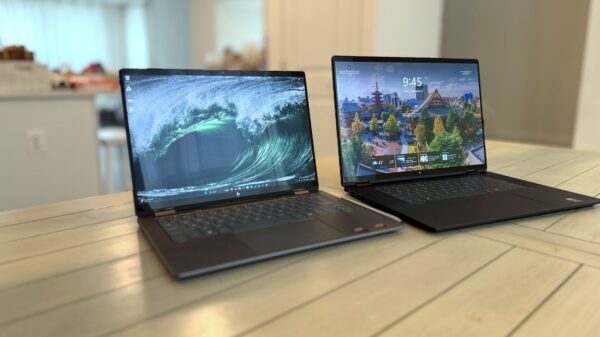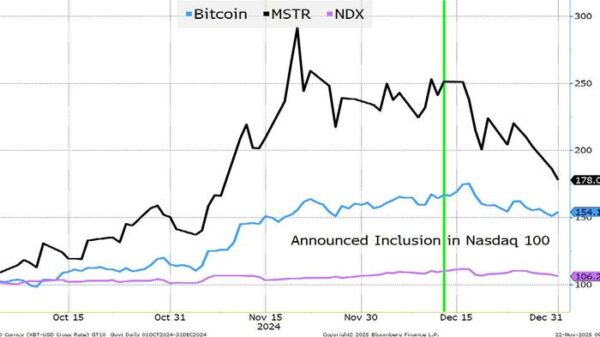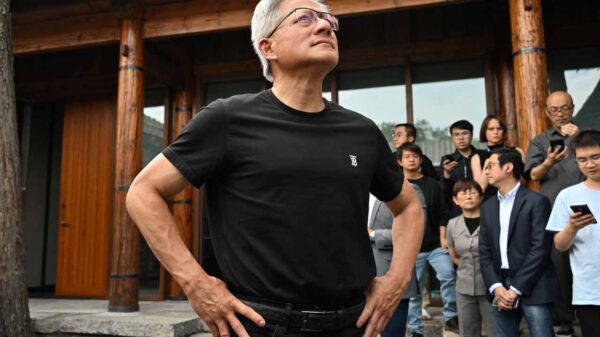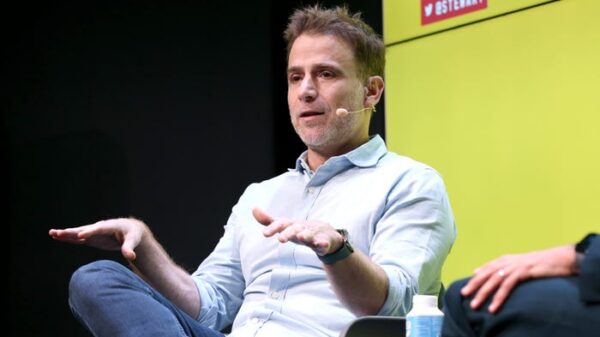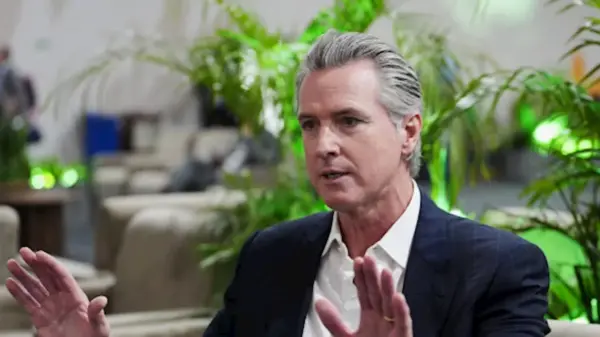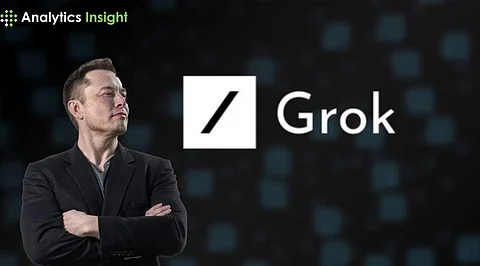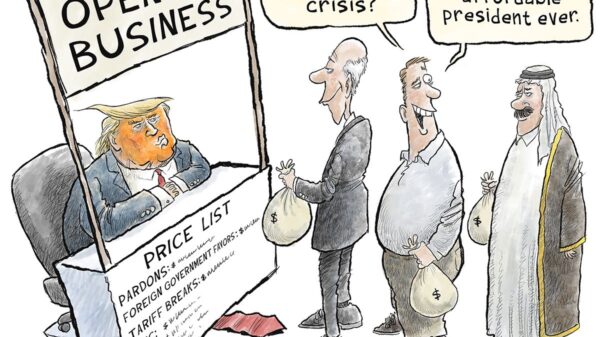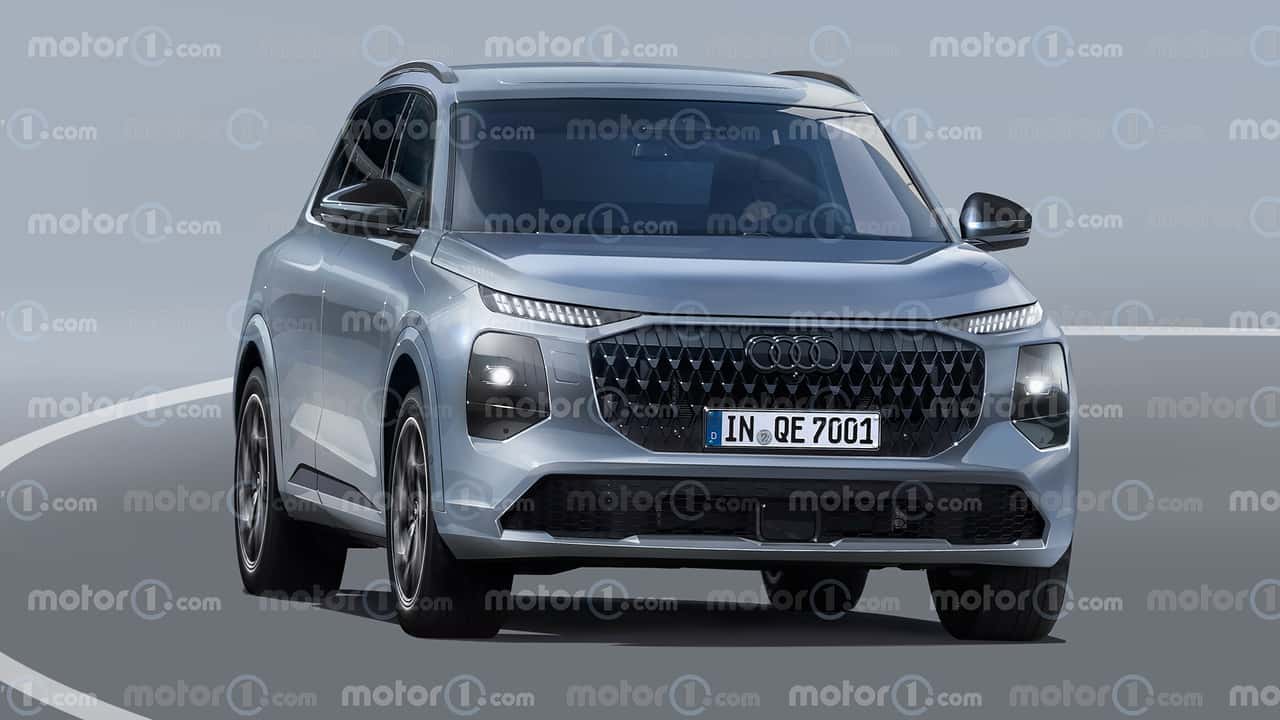Audi has officially confirmed the launch of the Q9, its largest SUV to date, scheduled to hit the market in 2026. This new addition aims to compete directly with luxury models such as the BMW X7 and Mercedes-Benz GLS. After years of speculation regarding a full-size SUV from the German automaker, Audi is set to expand its lineup with this ambitious entry.
Details on the Q9 and Q7 Launch
According to Geoffrey Bouquot, Audi’s Head of Development, the Q9 will debut alongside a revamped Q7, which has been in production for over a decade and has undergone two significant facelifts. Both models will be built on the Premium Platform Combustion (PPC), a versatile framework that supports various drivetrains, including gasoline, diesel, mild-hybrid, and plug-in hybrid options. This platform is also expected to underpin the upcoming gas-powered Porsche Macan replacement, set to launch in 2028.
While specific details about the new models remain sparse, the PPC is engineered to accommodate advanced technology. Bouquot has not yet confirmed whether the Q7 or Q9 will incorporate range-extender capabilities, a feature that could enhance fuel efficiency. Interestingly, there are indications that BMW plans to reintroduce this technology in its future X5 model, which previously featured in the BMW i3.
Market Trends and Future Directions
The Q9 is not the only high-end SUV in Audi’s plans. Porsche is developing a three-row SUV, initially intended to be a fully electric vehicle. Due to market demands, Porsche has revised its strategy, opting to include combustion engines alongside plug-in hybrid options in the new model, which will be positioned above the Cayenne. The initial release will focus on gas engines, while the electric version has been postponed.
Both Audi and Porsche have adjusted their electric vehicle strategies, indicating a long-term commitment to combustion engines. Audi has abandoned its initial target of achieving an all-electric lineup by 2032, while Porsche confirmed that its V-8 engine will remain in production into the 2030s. This shift reflects a broader trend in the automotive industry, where manufacturers are diversifying their offerings to cater to varying customer preferences.
As the European Union contemplates a ban on new gasoline and diesel vehicles by 2035, the implications of such legislation are significant. Audi’s competitors are voicing concerns, with Mercedes CEO Ola Källenius warning that the European automotive sector may face severe challenges. BMW CEO Oliver Zipse echoed these sentiments, suggesting that the ban could “kill an industry.” The EU is expected to review its ruling by the end of the year, with discussions about allowing plug-in hybrids beyond the cutoff date.
The future of the automobile market is uncertain, with manufacturers like Audi and Porsche navigating a complex landscape. Their decisions to maintain a diverse lineup, including both traditional and electric vehicles, could prove advantageous as they adapt to evolving market demands and regulatory pressures.


